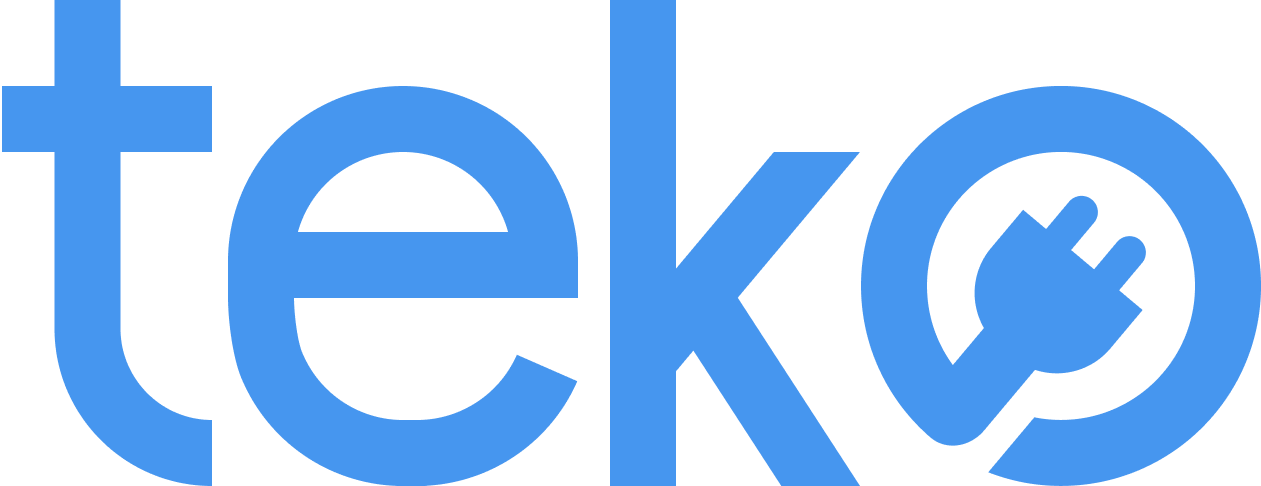
As the largest aircon and appliance services provider in the Philippines, we at Teko.ph know how crucial electricians are in a home and in a company. From large-scale construction projects to medium enterprises and small residential properties, electricians help make things run smoothly.
Many companies in the country, particularly in Metro Manila, are now looking to hire electricians. You can also notice a rising demand for such skilled workers even overseas. If you have a passion for electrical work and would like to have a career in this line, then keep reading. This guide can give you the most important aspects of being an electrical expert in the country.
Why become an electrician?
This career path in the Philippines is one of the most potent options to pursue because the required training to be one is not prohibitively expensive and can be completed in a matter of months or a couple of years.
And as mentioned, the return on your investment could be relatively faster compared to other disciplines because most establishments need the services of an electrician from time to time.
Electrician Defined
In a nutshell, an electrician is someone certified to install, maintain, operate, and repair electrical equipment. They specialize in building electrical wiring, transmission lines, stationary machinery, and associated equipment.
Electricians may be hired to install new electrical components or maintain and repair existing electrical infrastructure. They can also specialize in the wiring of ships, aircraft, and other mobile platforms, as well as data and cable lines.
How can you become a Certified Electrician in the Philippines?
Training
Even if you’ve had some DIY experience in the past (which is dangerous and ill-advised, the first thing you need is official, standardized training. You may get trained, assessed, or enrolled in an electrician’s course at any of the training facilities, colleges, or universities that offer them.
Electrical Installation and Maintenance (EIM) training can be obtained through TESDA (Technical Education and Skills Development Authority) training centers. You may also apply for on-the-job training or experience and pass the evaluation to become a TESDA Certified Electrician.
Students can pick Technical-Vocational-Livelihood in the EIM track in high school and pass the evaluation to become a Certified Electrician. Numerous training institutions, provide vocational electricians/electrical courses that allow you to take the TESDA exam to be certified eventually.
License
To get a license and start fulfilling electrical jobs, you must first take and pass the Professional Regulation Commission’s Registered Master Electrician (RME) board examination.
Who is eligible to take the RME (Registered Master Electrician) board exam?
Here are the technical qualifications:
- Born in the Philippines.
- At least eighteen (18) years old at the time of the examination
- Has an excellent reputation and strong moral values. (Documented usually via a Good Moral Character certificate from the last school attended)
- Not convicted by any court of a moral turpitude charge
- Possesses one or more of the following technical credentials:
- A BSEE (Bachelor of Science in Electrical Engineering) course graduate or has completed three (3) years BSEE and has at least 1-year experience in an electrical-related field, evidenced by an employment certificate.
- A BSIT (Bachelor of Science in Industrial Technology- Major in Electrical Technology) graduate and has at least 1-year experience in an electrical-related field, evidenced by an employment certificate.
- A 3-year course in Electrical Engineering Technology graduate and has at least 1-year experience in an electrical-related field evidenced by an employment certificate.
- A two (2) year vocational electrician’s course graduate with two (2) years of internship/job experience in any electrical-related sector evidenced by an employment certificate.
- A one (1) year vocational electrician’s course graduate with three (3) years of internship/job experience in an electrical-related sector evidenced by an employment certificate.
- A high school graduate with at least five years of apprenticeship/experience in an electrically related sector, evidenced by an employment certificate.
How much does electrician training usually cost?
Electrical course costs in private technical schools range from P7,000 to P10,000 each semester. Public institutions may charge between P3,000 and P5,000 per semester. These figures are bound to rise regularly, and you’ll also have to account for other fees once enrolled.
When are RME board exams usually held?
The said board exam is usually held in April and September, giving you two opportunities to take the test every year. You’ll have to hand in your application within the three months prior. If you want to apply for the April exam, for example, you can do so from December of the previous year through March of the current year.
How do electricians get jobs?
Once you’re a registered master electrician, you have several options to turn your skills into money:
1. Be employed by contractors in the area to work on building construction and renovation projects.
2. Establish your own practice and advertise your services so people can find you when they need your services.
3. Search for opportunities overseas.
4. Partner with service providers in the country.
This is a brilliant option since you don’t have to do the heavy lifting most self-employed electricians burden themselves with. For instance, Teko Ph has some of the best programs out there. They do the advertising and customer acquisition tasks so you can focus on doing electrical work. Plus, you can work at your own pace and schedule while still having a consistent flow of work coming your way without having to move overseas and leave your family!
What are the industries that employ electricians?
Electricians may be employed in the following industries:
- Manufacturing
- Electricity
- Gas and Water Supply
- Construction
- Wholesale and Retail Trade
- Repair of Motor Vehicles Motorcycles, and Personal and Household Goods
- Hotels and Restaurants
- Transport, Storage, and Communication
- Real Estate, Renting, and Business Activities
- Public Administration and Defense
- Compulsory Social Security
- Education
What is the average salary for electricians?
Per DOLE’s Bureau of Local Employment, electricians make P8,000-P12,000 per month and may even go up to P15,000 per month for those highly trained and experienced. However, note that electricians don’t often work 8-5, so this is quite a reasonable rate that can even climb if you take on more work. With Teko, for example, licensed electricians can easily make P40,000 a month.
Overseas, such as in the U.S. and Canada, the annual average salary for an electrician is $30,378 or $2,531 per month. Take note that these are mere estimates that can vary at any point.
Conclusion
Because the job market is growing exponentially, the demand for electricians is increasing at a similar rate. Becoming an electrician can be an excellent choice if you are interested in availing of one of the in-demand jobs today. The requirements are comparatively easier to attain than in other professions, so it’s a career path definitely worth considering.
